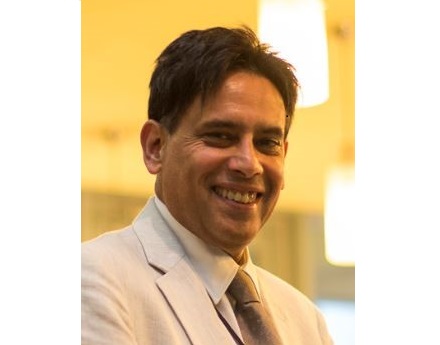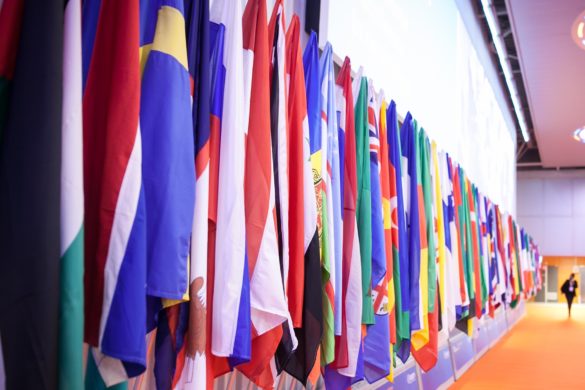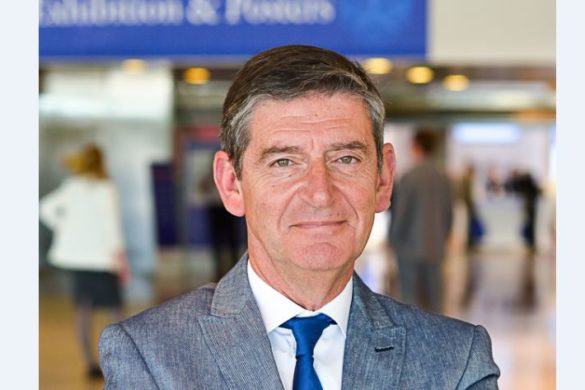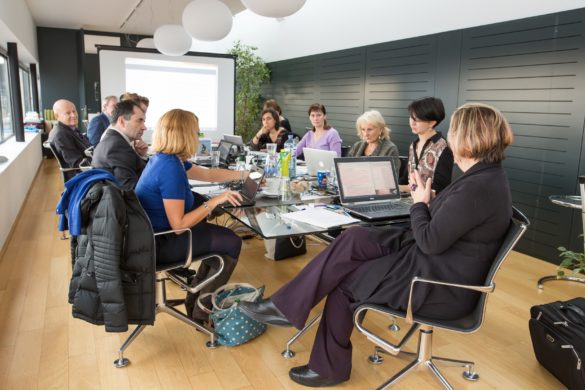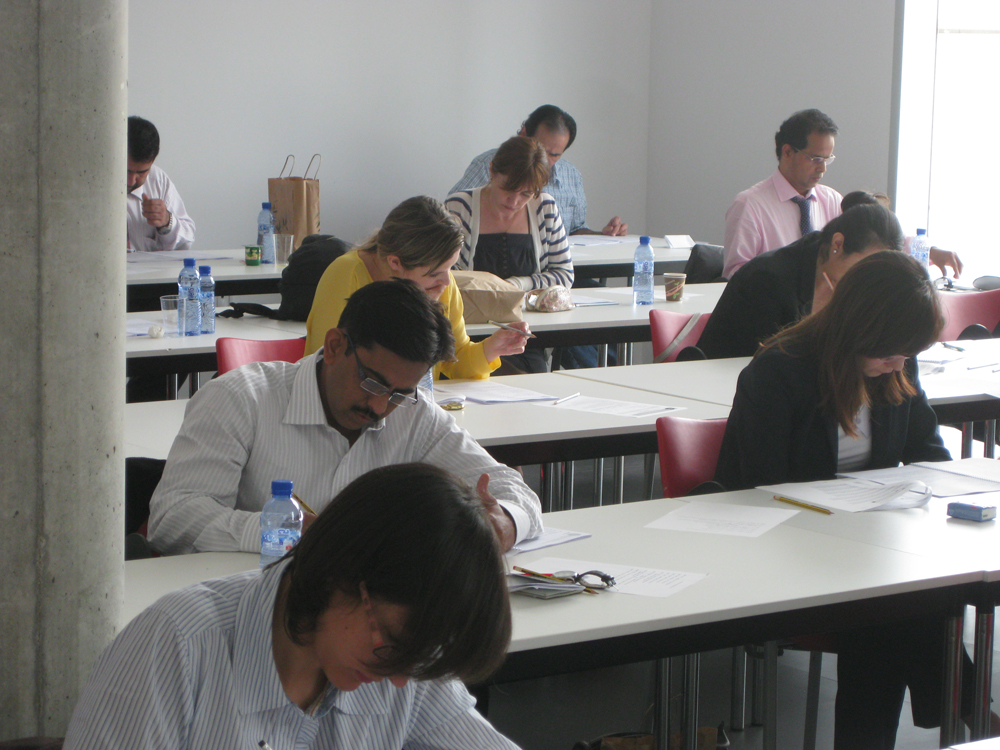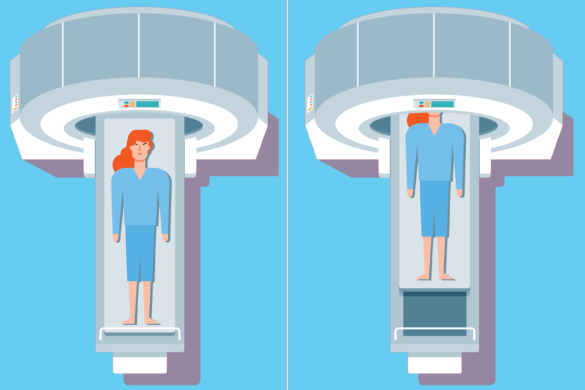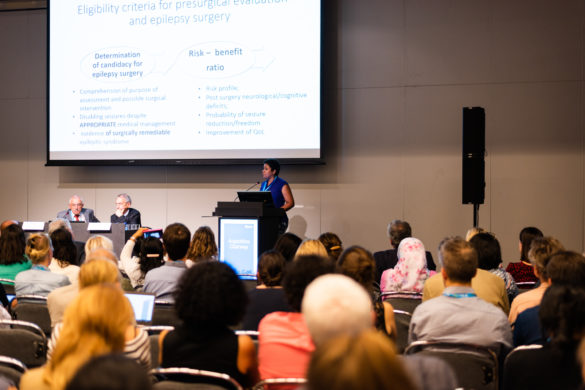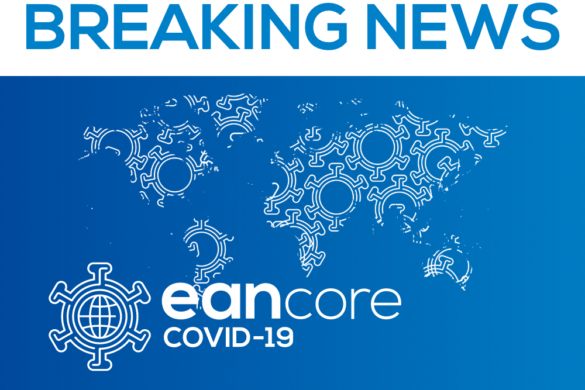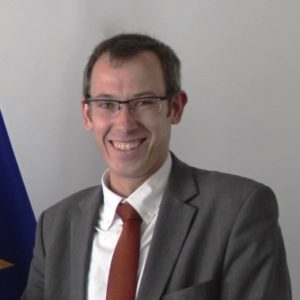
EBC and working with National Brain Councils
David B. Vodušek (DV): Can you kindly illustrate how the idea of creating NBCs came about and what their intrinsic value is to EBC?
F. Destrebecq (FD): The EBC has been founded to catch the ear of the EU decision makers. However, soon it became clear that by focusing only on Brussels, the EBC would not be able to achieve its full potential of influence.
When it comes to brain research, we learnt that only about 5% of funding comes directly from the EU funding schemes while the majority is being put at disposal at the national level.
When it comes to health-related issues, the distribution of competences at EU level has maintained exclusive jurisdiction and responsibility of the Member States on the organisation, management and funding of health services.
Finally – and maybe more importantly, we realized that what becomes a priority in Brussels is very often a reflection of national priorities which clearly asks for a bottom up approach.
This is why the EBC started reaching out to national actors that have a stake in the brain to take the full advantage of action led at the national and European level.
We are convinced that the best results are created in close alignment with NBCs in a bottom-up and top-down approach, thereby ensuring optimal key stakeholder management but also fostering synergies on both national and EU level. Having a strong voice at the Member State level will make EBC’s voice stronger in the European institutions, and vice versa. Therefore, it is in both EBC and NBCs interest to help each other grow bigger and stronger.
DV: Which role plays EBC in the formation of NBCs and/or National Action Groups – NAG? What is the difference between NBCs and National Action groups?
FD: EBC is an initiator that provides a neutral platform to national stakeholders and offers an insight based on many years of experience on why it can be beneficial to form national councils.
A NAG is thought to be a multidisciplinary, temporary, and informal body consisting of representatives from national organisations covering sectors related to the brain. A NAG is easier to create as it does not need to have a formally established structure (statutes, general assembly, board election, etc.).
As an informal body a NAG has limited authority and where possible it may be beneficial for the NAG to transform into an NBC – a legally constituted body which can have the necessary legitimacy to speak to local and international institutions. As the NAG transforms to an NBC, the members become official representatives of their relevant national organisations.
DV: Earlier this year, EBC formed the “NBC Academy”. What is the purpose of this academy and how will EBC be involved?
FD: NBCs have their main goals aligned with those of EBC, while keeping their full independence. At the same time, as the years passed by it has become clear that some form of a closer and more structured cooperation would benefit the mutual relationships. This has been also vocalized a number of times by many NBCs who were keen to have more engagement with and support from EBC.
This is how the idea of “NBCs Academy” was born. It is supposed to be a creative platform that meets on a yearly basis to enable exchange of good practices, elaborate on new common projects, align with strategic goals and much more. Furthermore, I am pleased to confirm that, in a crucial recent development, the EBC General Assembly approved an official amendment to the EBC Statutes introducing the Academy of NBCs as a formal body within the structure of EBC. Accordingly, the Academy will be able to nominate officially 2 representatives on the Board of EBC (in an advisory capacity).
DV: How do you see the interactions between the NBC Academy and the national societies (neurological, psychiatric, neuroscientific…)?
FD: The EBC, through its multilayered membership, provides for synergies and linkages for its members, as well as members of its members, to interact, according to specific needs and opportunities. National societies can be members both of European scientific societies and of NBCs. This might create some overlaps in the membership structures, but it is important to notice that while national scientific societies embedded in organisations such as EAN might have their primary focus on issues such as science and education, those belonging to NBCs have more political agenda – speaking on behalf of the national brain space they focus on exerting influence on policymakers as well as engaging in a dialogue with society.
M. Destrebecq I thank you for this very informative interview and I wish you and EBC further success.
David B. Vodušek, Chair, EAN Liaison Committee





